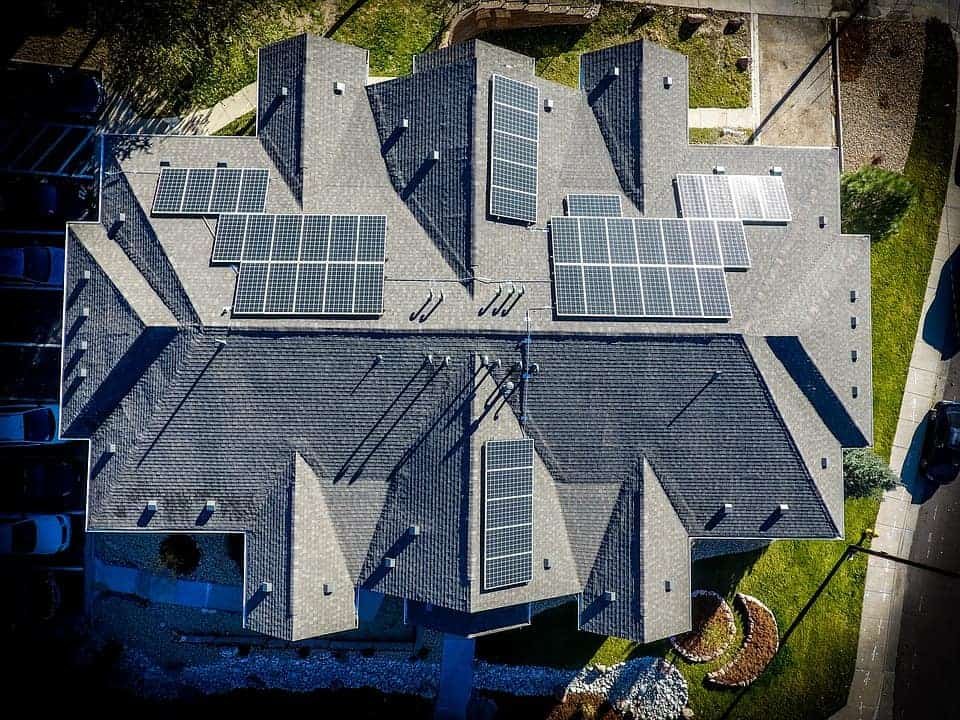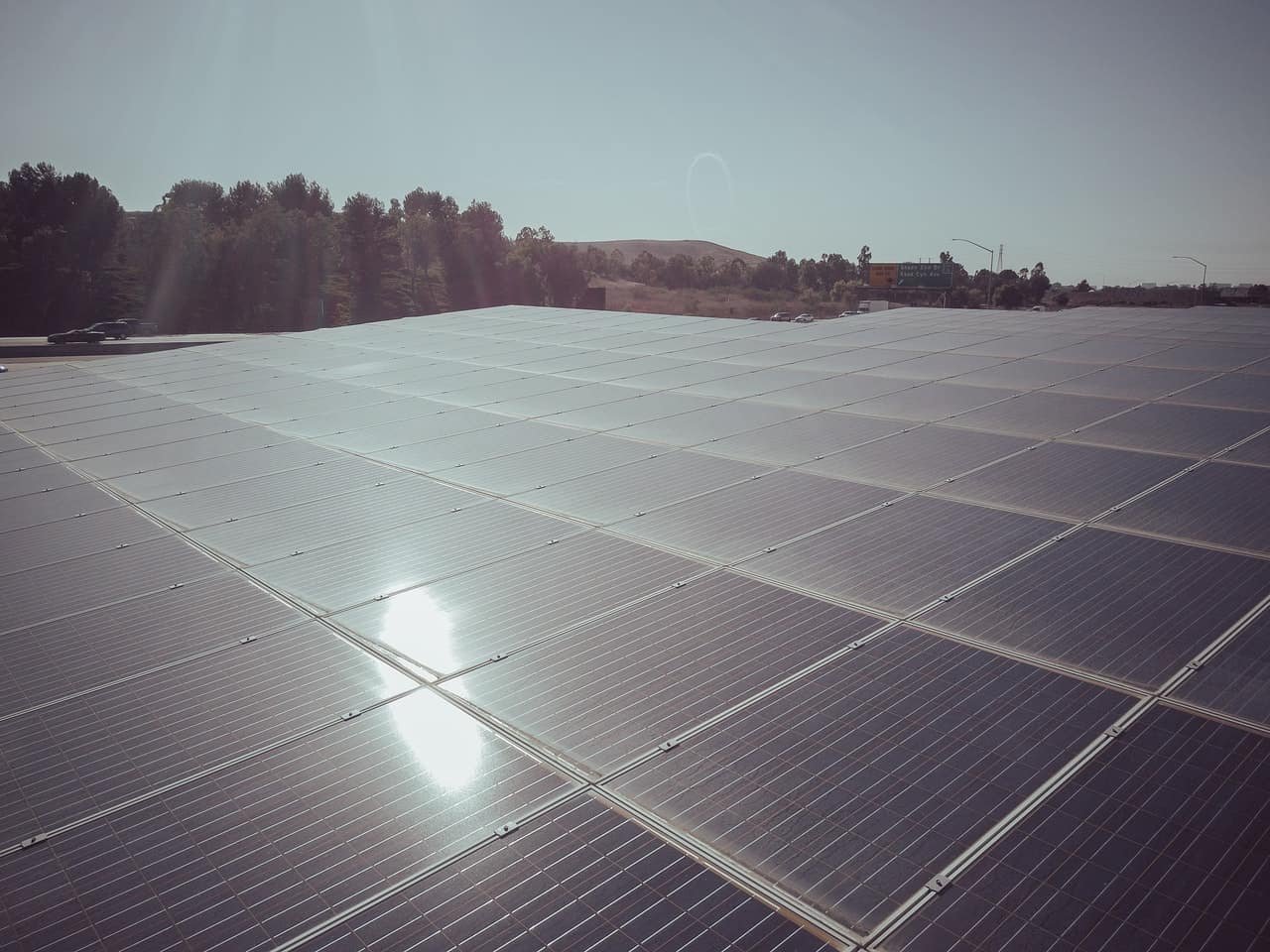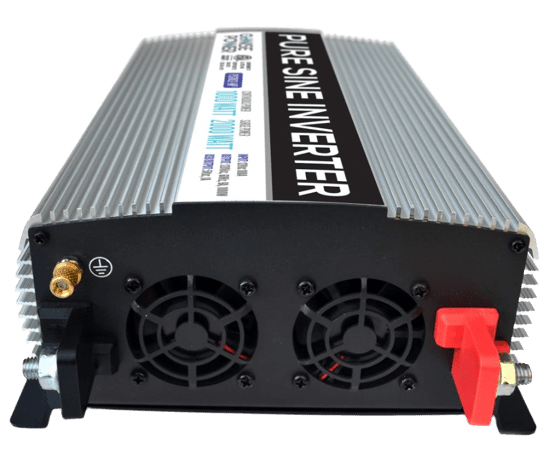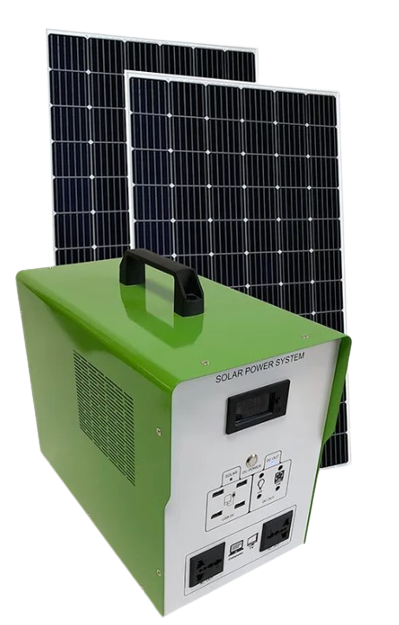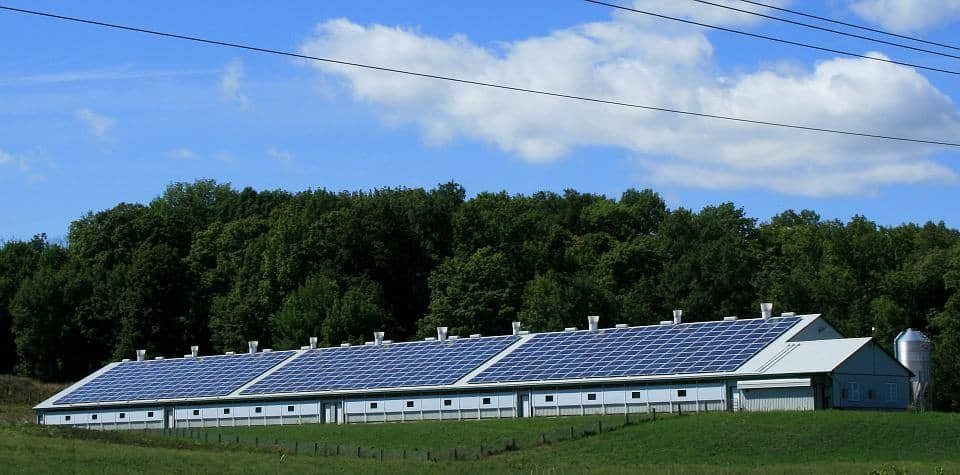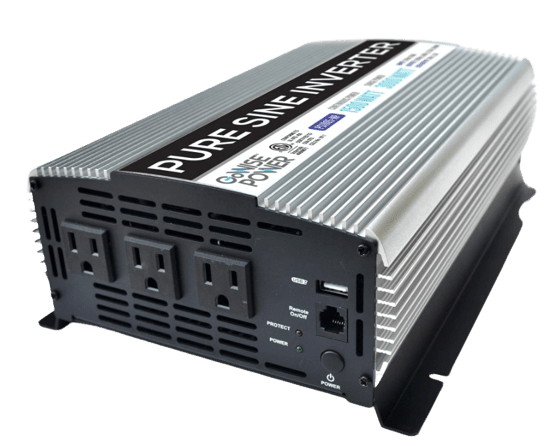People who switch to a solar system do so in the hopes of lowering their expensive energy bills. Solar energy, after all, is free aside from the system equipment.
Right? Or will you still have to pay for an electric bill after going solar?
To answer these questions, we need to explore solar panels, how much they cost, and how much energy you will be using each month. We will also look at your relationship with the utility company and what you should expect from them.
Do Solar Panel Systems Give You Free Electricity?
Essentially, yes. A solar panel system takes the energy from sunlight and converts it into free electricity. If you convert more electricity than what your household consumes, this surplus electricity will then be exported to the grid. This is known as net metering.
As you will soon discover, your solar panel system can net you more than just savings on your electric bill.
How Does Billing Work Using Solar?
Most homeowners will still have a monthly electric bill that is owed to the utility company. However, it is possible to generate enough electricity on your own that the utility company eventually owes you money.
That, of course, is a best-of situation and doesn’t apply to everyone. Anytime you start service at a new address with a solar panel system, your electric bill will need to be paid a year in advance. In the utility industry, this is commonly known as a “true-up” bill.
Each month, you will get an electric bill that states how much energy the electric company has credited to your account and how much power your household has consumed.
It is important to note that utility companies like gas and water are not affected by your solar system. This bill will need to be addressed on its own without any relation to solar energy.
Why Is My Electricity Bill So High When I Have a Solar System?
If you are just receiving your first true-up bill, it’s going to look high to you. If it’s not a true-up bill and still looks high, it’s likely that you used far more electricity than you had anticipated. If this happens to you, it’s important not to panic.
There are a few reasons why your electricity bill looks higher than it should:
- your household simply used too much electricity, this is often the cause of large appliances, like washers and dryers, heat pumps, or air conditioning units.
- as air conditioners are known for using lots of energy – both central air and window units.
When this happens, you are not only going through all of your solar system energy, but you’re also using more than you’d like from the grid, as well. If you’re a member of net metering, you expect your unused energy to get dumped back into the grid, not the other way around.
It’s important to check the installation of your solar system to ensure that everything looks proper. If all checks out, be sure to thoroughly examine your bill to make sure you are reading it correctly.
New solar users make the mistake of reading their utility bill incorrectly all the time.
What Will My Electric Bill Be With a Solar System?
First, you have to figure out how much solar panels costs. Then, you need to factor in the cost install solar panels.
It’s also important to take into account any tax credit you might receive. Once you know how much does a solar panels cost and installing solar panels cost, you will need to get with your utility companies to discuss if there are customer services fees or delivery charges.
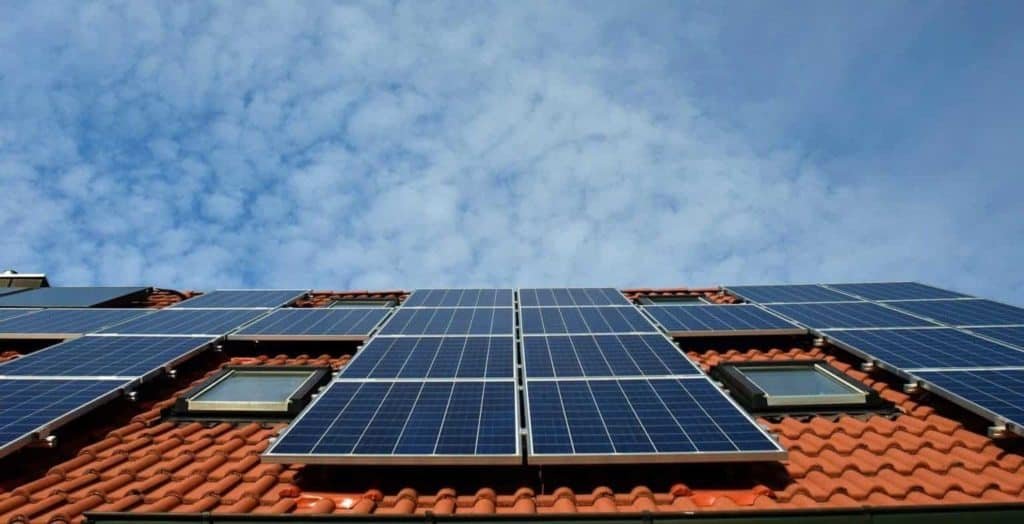
If your utility company has these types of fixed charges, you can expect to pay them each month, regardless of how much power you use. Find out which charges you will be responsible for so that you know what to expect when your bill arrives.
If you can get on a set routine of how much power you generate, you can work toward eliminating all other costs, only paying fixed charges. And if you can get to the point where you are dumping electricity that you have generated back into the grid, you could start seeing credits on your bill from the utility company.
Can I Offset My Electric Bill With Solar?
Ideally, going solar will allow you to eliminate your electricity bill altogether so that you owe less to the utility companies. Aside from the cost of solar system equipment, you can have truly free electricity if managed correctly.
Even if you discover that you can’t do away with your electricity bill with your solar system, you can still reduce it considerably. If you live in an area that has famously expensive energy bills, investing in a solar system could be the best move.
Should I Invest in Solar if Net Metering Isn’t Available in My Area?
Absolutely. Just because this incentive isn’t offered where you live, you don’t have to give away your unused electricity for free.
By investing in solar batteries, you can store all of that surplus energy for future use. Instead of using energy from the grid, you can simply tap into your solar batteries, thereby ensuring that you are getting the most out of your solar system.
This can come in particularly handy during busy months that see you using more electricity than what your solar system generates. Having this electricity in the bank will ensure that you don’t use too much from the electric company.
While it is ideal to use solar in an area that will benefit its use the most, this isn’t always possible. What’s important is that you manage your solar use as best you can to ensure you aren’t paying more than you need to the electric company.
Smart solar use means smart savings.
Conclusion
I keep hearing about free solar panels. Will they actually save me money?
It’s important to remember that solar lease providers are just like other companies, and they want to make money. While it’s true that some solar leases will save you money, it’s important to do your homework to ensure that you are getting the best rate possible.
There are solar lease companies that have much better rates than others. So it pays to look around, compare information, and ask any questions you can think of.
